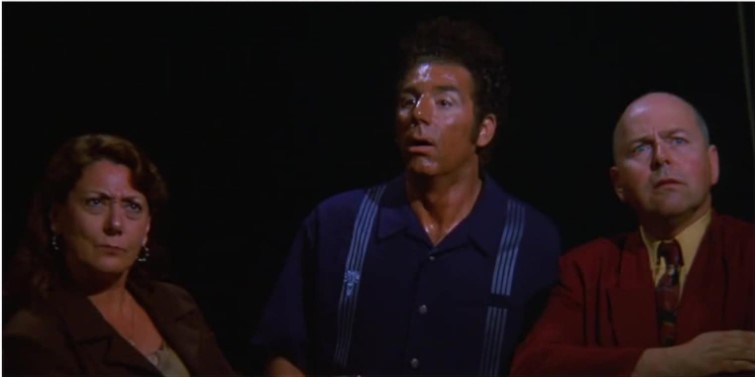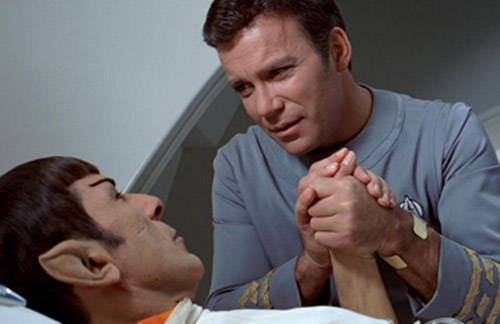Nope. Not writing what you want is not "bad writing."
Let me revert to my favorite cultural commentator, Mr. Plinkett. When it comes to the quality of the writing, the rule is this: "You might not have noticed it, but your brain did."
Everyone has their opinions of what is satisfying, but there are still some objective features to good storytelling. If they are absent, your brain will notice that it is being starved of them.
La'an's character, with her Khan ancestry, comes with a lot of exploitable features, things that are so obvious that only bad writing can explain why they are being left on the table, or written in a contradictory fashion. And while it is possible that future stories will turn the tables on me, right now it looks like the writers just don't care about the sci-fi potential of La'an, or how her story bumps with Una's. I just don't think there is a lot of fidelity to classic Star Trek present in SNW.
I believe that the big difference in Star Trek these days versus previous eras is that Star Trek is now being written for a female audience, which (in the showrunners' mind, I believe) means an emphasis on emotion and drama, and regrettably, a lack of attention to detail regarding the actual Trek-ness of it all.
I don't mind if the creators want a new audience, but that does come with new storytelling priorities. There is no reason that these stories can't be written more coherently, of course. I just think the genuine sci-fi and world-building is being bleached out of Trek.



